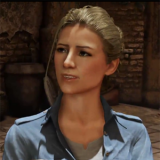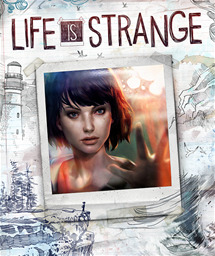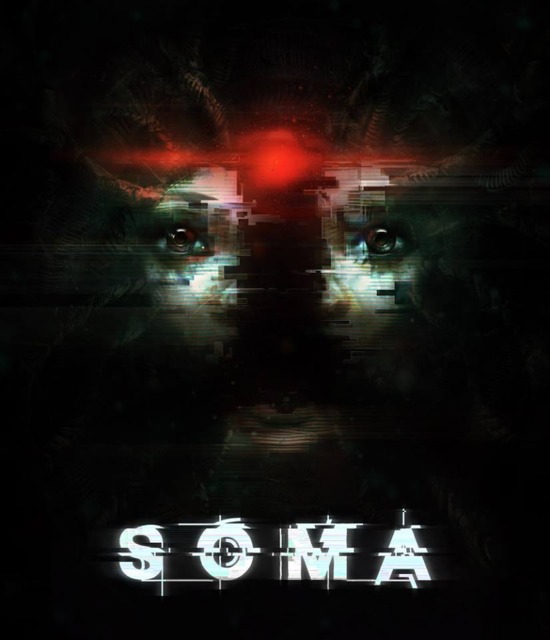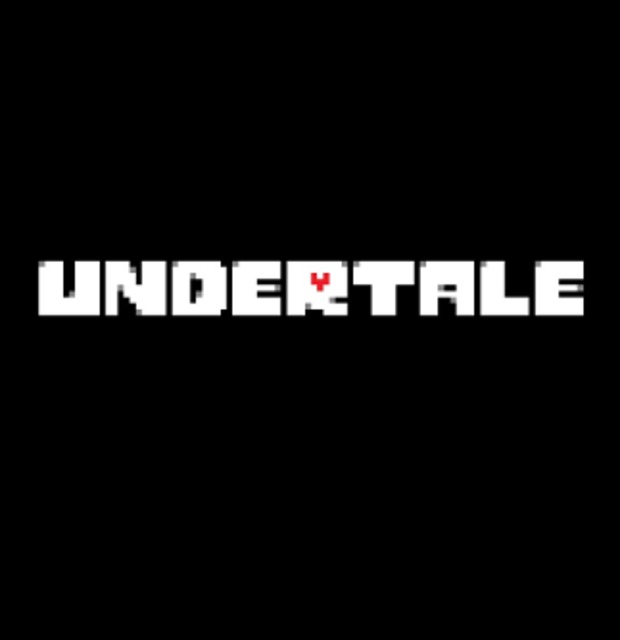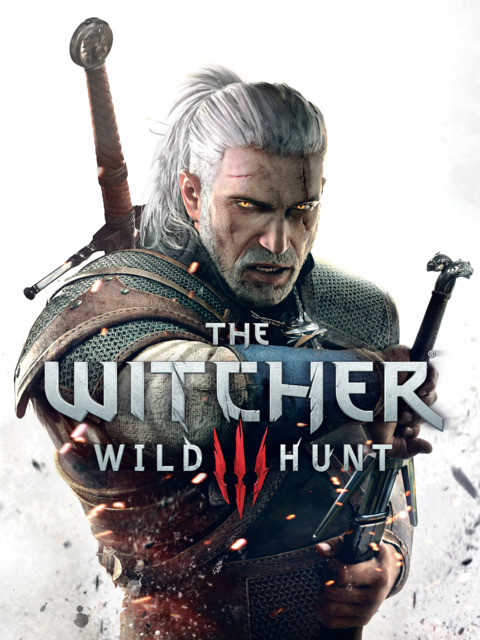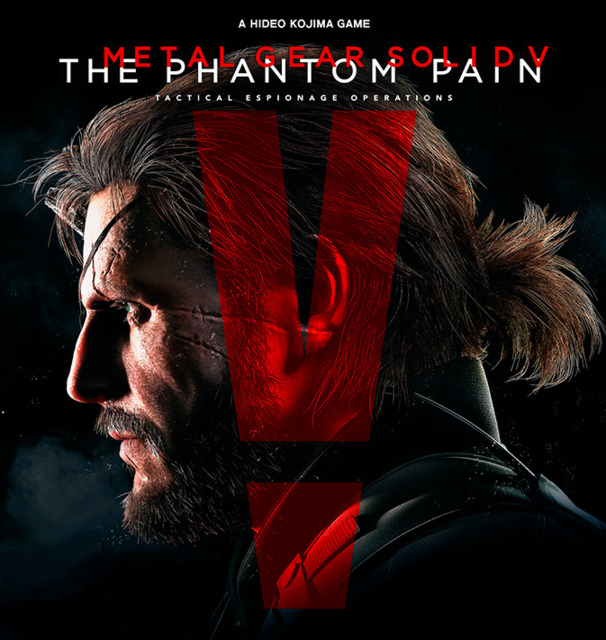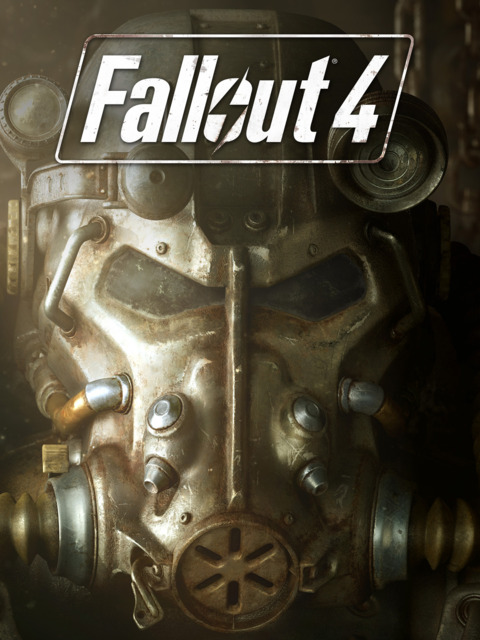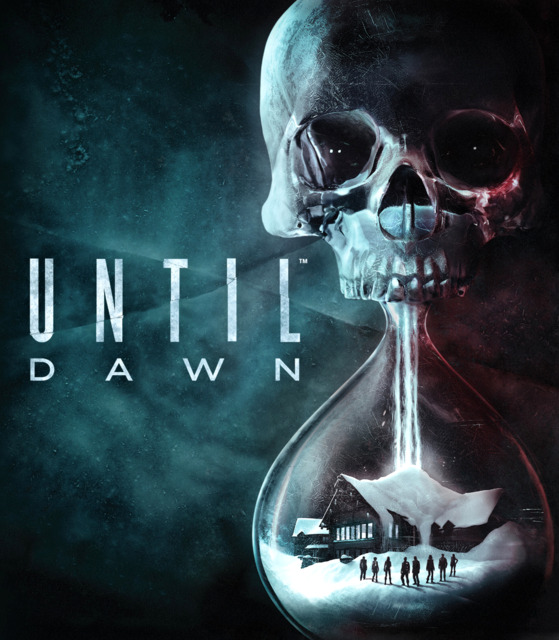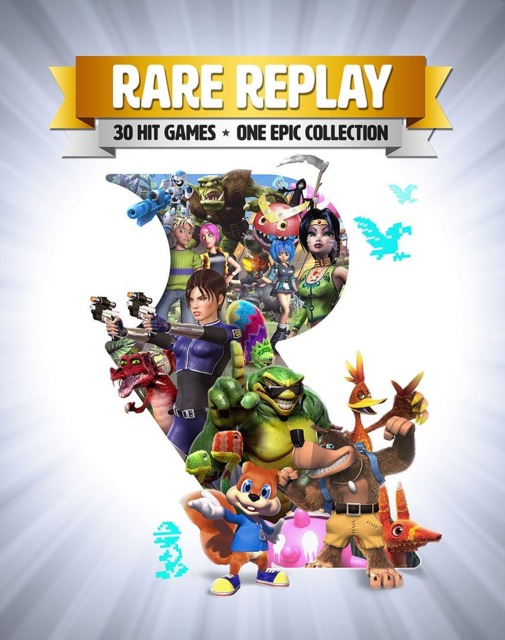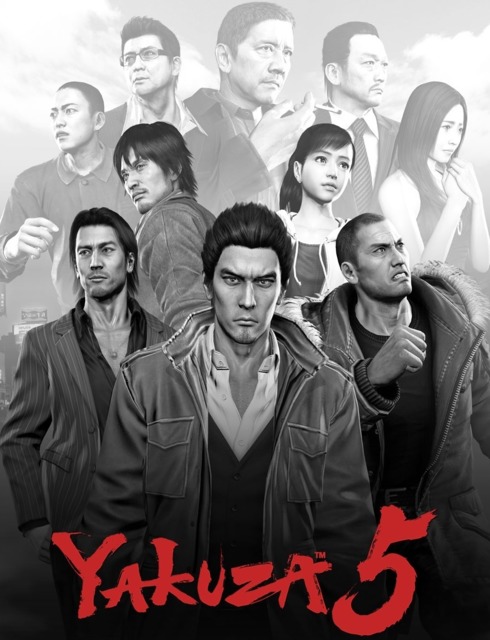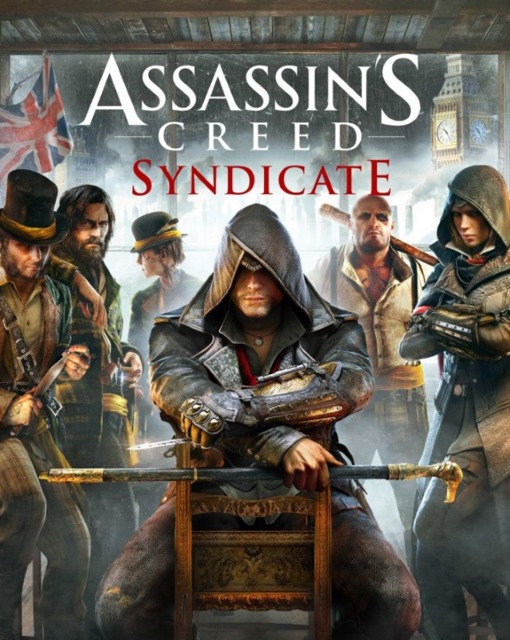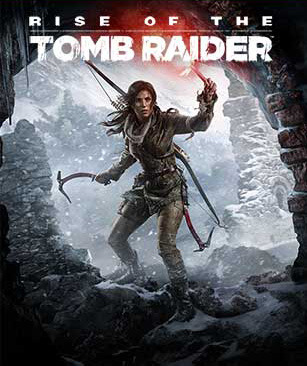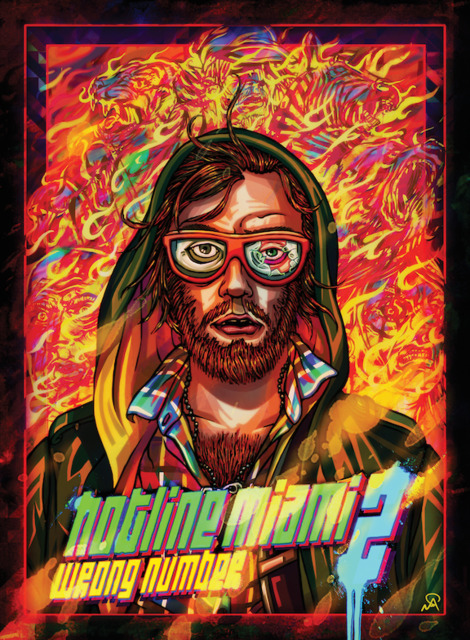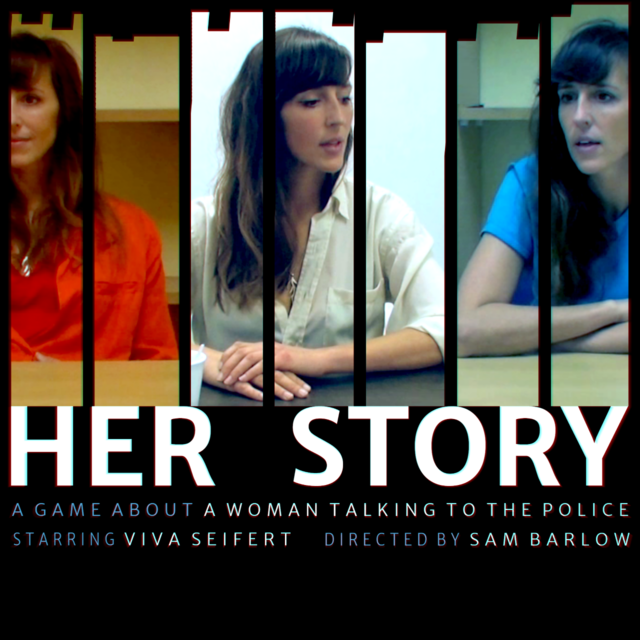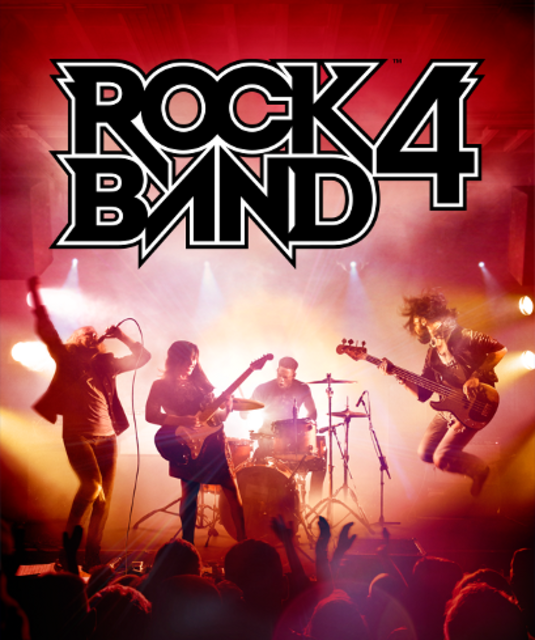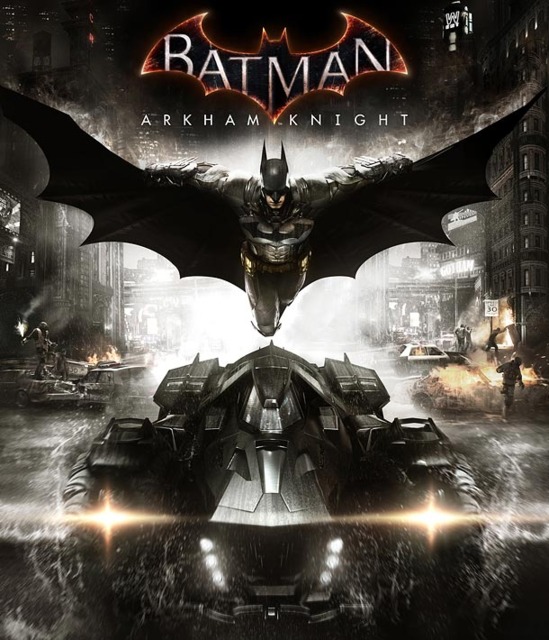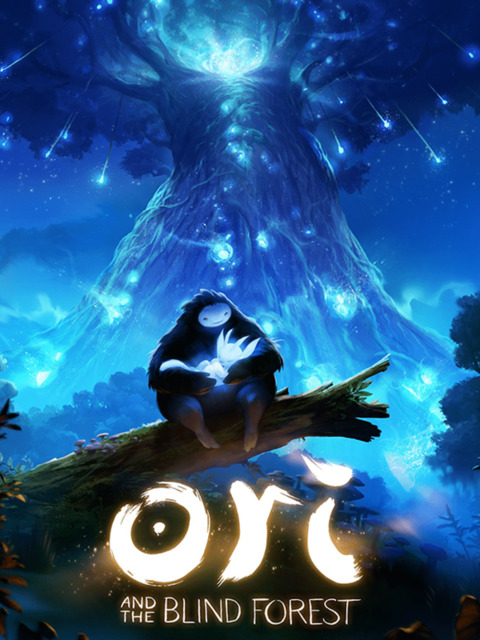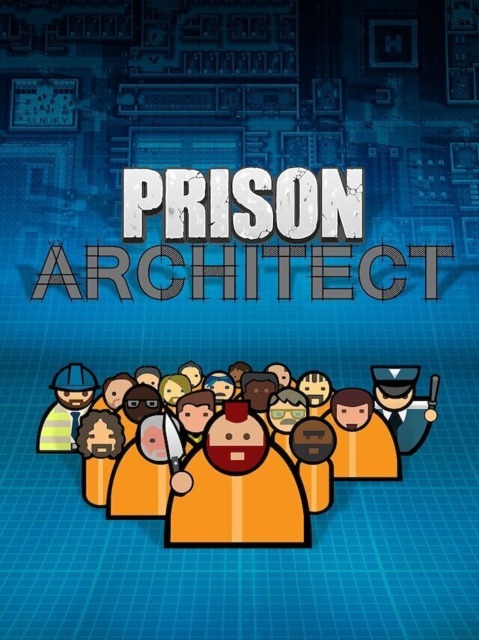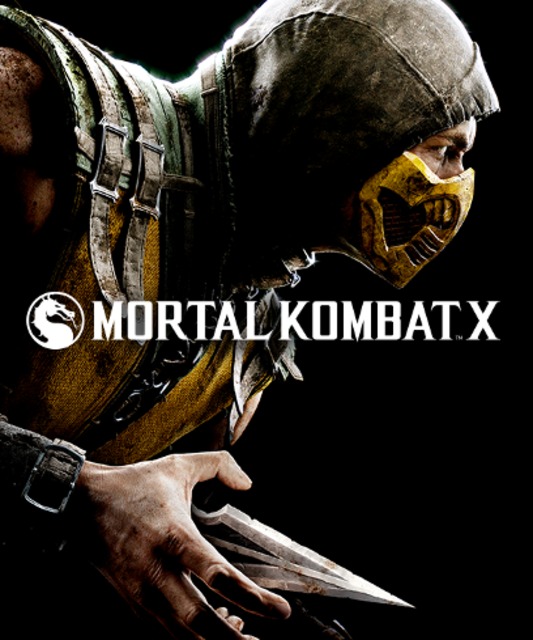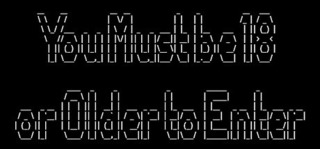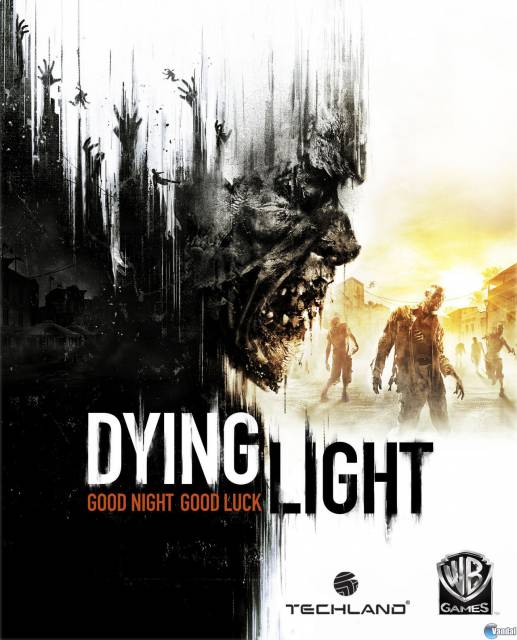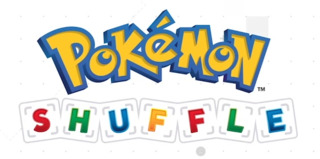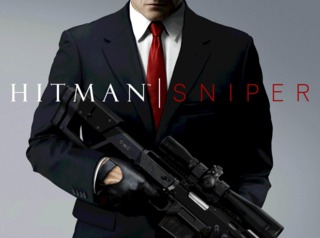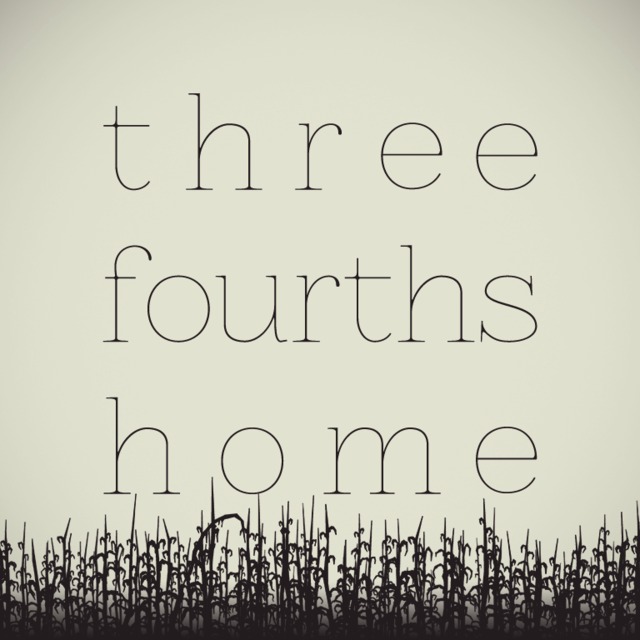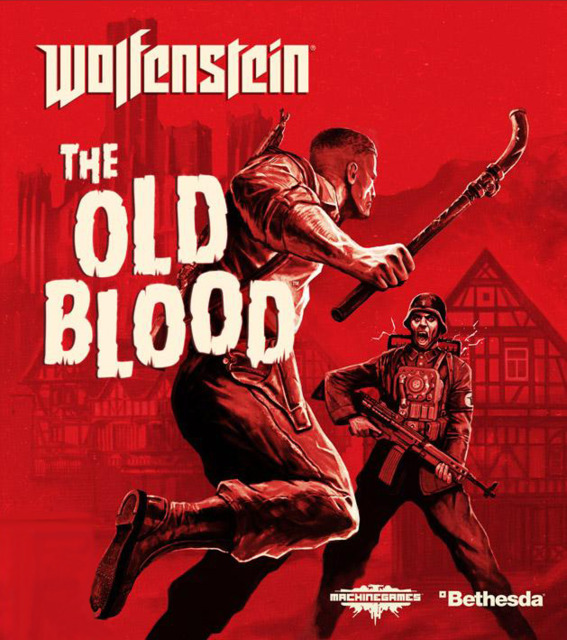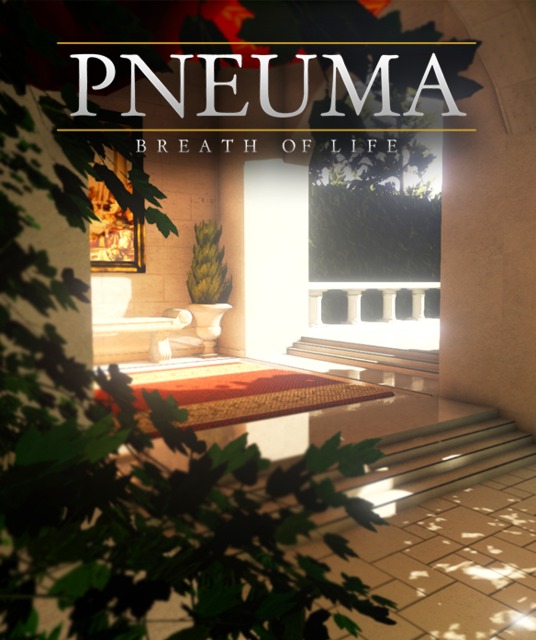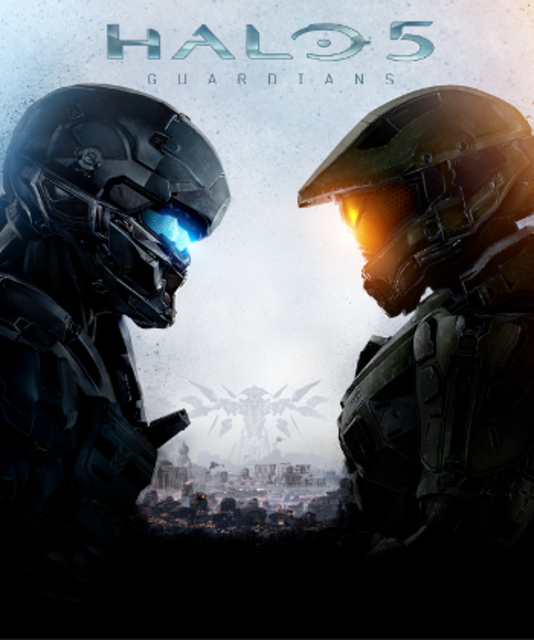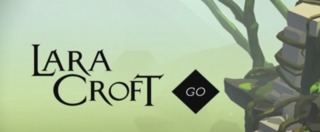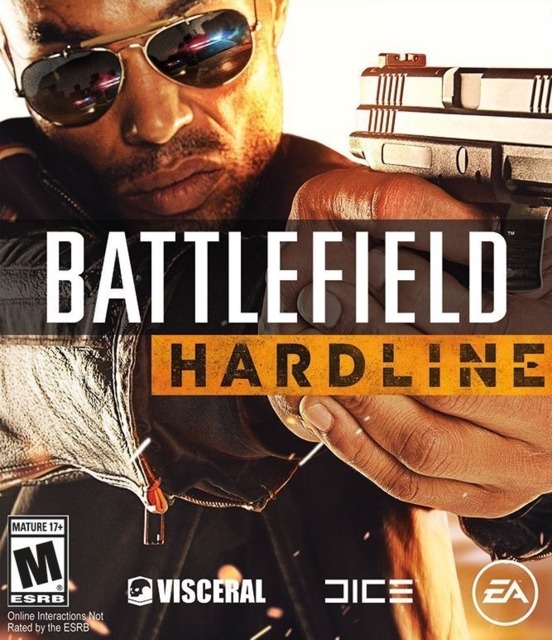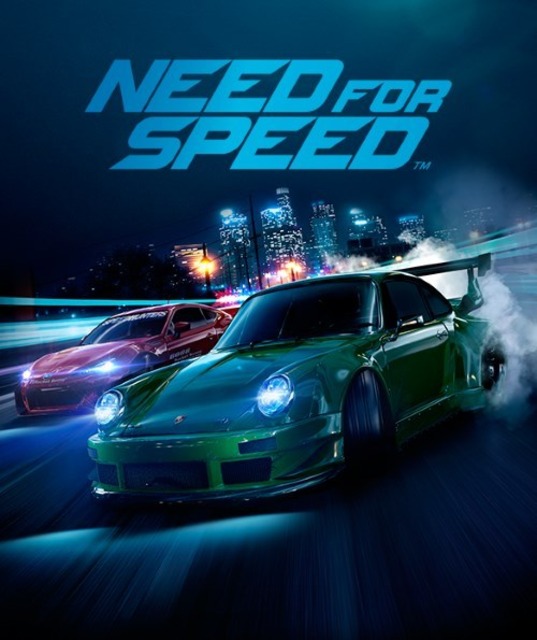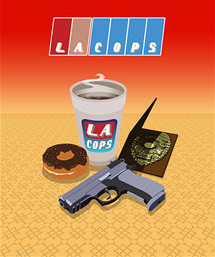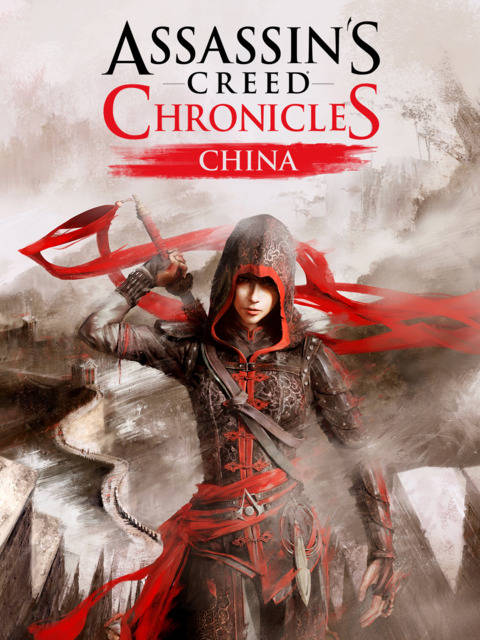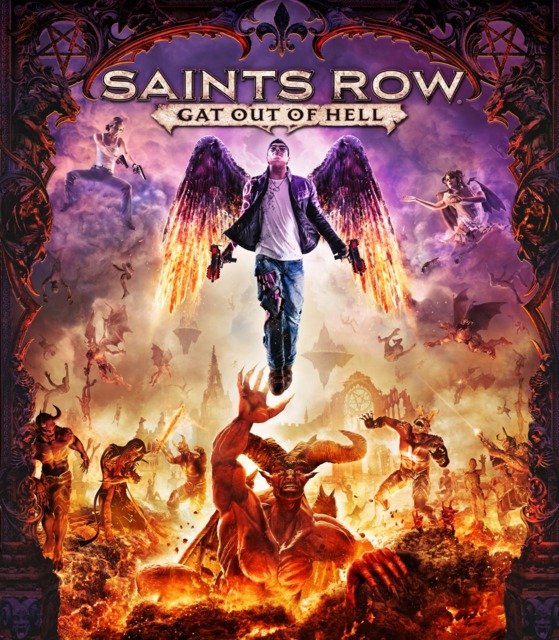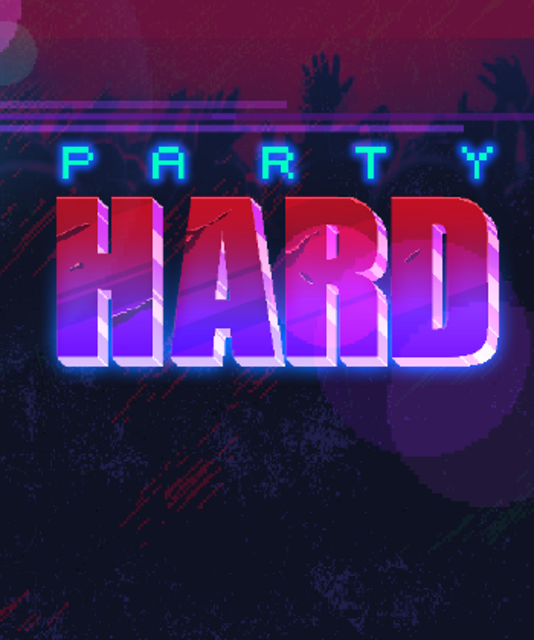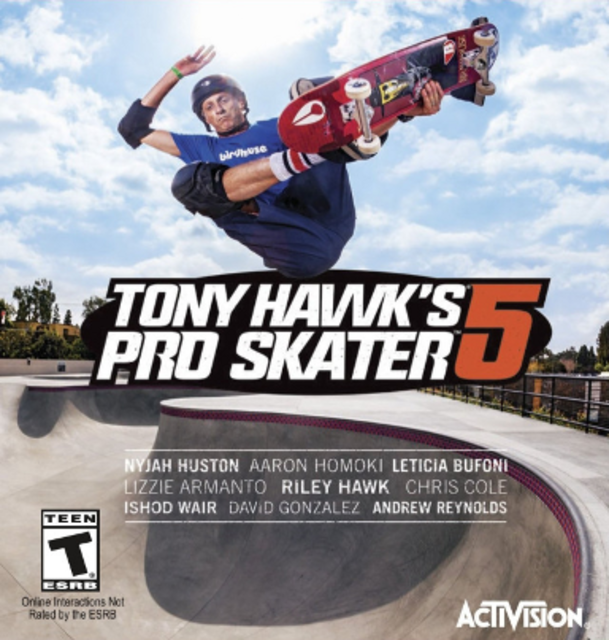There are something like seventeen hundred quadrillion texts about the experience of the Average American Teen, and only like six of them come anywhere near approximating an actual high school experience. There's a reason for this: most young adult authors/screenwriters/developers blossom out of their own post-adolescence with a very specifically framed memory of what it felt like. We all remember the two or three things that were our biggest personal obstacles (be they emotional, physical, financial or social), but when we create texts about them, we leave behind that inescapably raw, utterly pervasive *feeling* that cuts through teenage life like an emo riptide through an estuary, dismissing it as too saccharine and obvious for published work.
So time marches on or whatever, and as adults we accept young adult protagonists who are (and I'm speaking broadly here) sub-optimal vessels of vaguely familiar hormonal anti-authoritarians. In a literal sense, Dontond's Life is Strange fits neatly in this pantheon. It would be hard to argue that any character in this game *actually* speaks like a teenager; you might even say, they *hella* don't speak like teenagers. However, Life Is Strange is not a game in which the player simply navigates high school life (ala Butterfly Soup) - it's instead a game that confronts the player with depression, domestic abuse, unemployment, drugs as a coping mechanism, uncertain boundaries, economic anxiety, and other battles too often considered to be waged in the arena of adulthood.
Life is Strange's primary antagonist is a character who literally fetishizes adolescence - Life is Strange itself, through crucial elements of its mechanics and narrative, does not. The way I see it, teenage life is generally dominated by four primary experiences regardless of time, place or person:
1. abject uncertainty of self
2. the sudden (or, for some of us, dawning) presence of actionable consequence
3. a widening acuity for empathy and depth of feeling
4. (let's just say it) puberty
In this way, Life Is Strange is an excellent text about the (ever-fabled) life of the American teen - even though it was developed by a bunch of French adults. Protagonist Max Caldwell is (for reasons unexplained) granted the gift of rewinding time after stumbling upon and subsequently preventing a school shooting, and the game encourages the player to abuse their newfound power immediately. In the midst of a tough decision? Try saying the combative thing you wish you'd said earlier. Wish you had the self-confidence to talk to the kids too cool to hang out with you? Try throwing out a few openers or points of conversation and see how they land. Watch a guy get hit in the face with a pool noodle over and over forever. The world's your oyster; you can become the Ur Teen, the teen who's everyone's buddy, aces every test and achieves every goal.
That is, until you aren't. By granting us the omnipotence necessary to no longer sweat the small stuff - and, speaking personally, sweating the small stuff was the entirety of my life as a teenager so it's kind of a big fictional ask for me - Life Is Strange reminds us of the ways in which this often rose-colored stage of life is more realistically a series of punches to the gut than pats on the back.
It's easy enough to tell what the ramifications of your actions are when you're trying to get an in with the kids smoking weed in the parking lot, but what about when you witness an instance of domestic abuse the victim asks you to swear to stay silent about? In Life is Strange's first episode, Max witnesses several abuses of power, the most acute of which occurs in her friend (re: crush) Chloe's bedroom. Chloe's stepfather David storms the room looking for drugs, so Max hides in the closet to prevent Chloe from getting deeper into trouble. After a tense exchange, Max witnesses David backhand Chloe. Afterwards, Chloe tells Max it was best not to have intervened because she's afraid of being kicked out of the house. The player is then given a choice: rewind time and intercede before the situation escalates to violence, or listen to Chloe and stay quiet.
Your instinct is likely to come forward and prevent it by using your powers, and it feels good to save the day, but then, things seem to have ended on an ominous note once you're able to exit the conflict. You get the sense that the immediate safety of the victim is granted by your inaction, but can you really live with yourself if you don't step forward in the moment?
These are the kinds of awful choices the world begins forcing you to make at you at this age - or, more accurately, this is an age in which cultural and economic privilege become contested by life's greater trials. Speaking personally, this was an era especially ripe with pacing around rooms wandering about the ramifications of whatever just occurred to me, or the ramifications to someone else based on actions I did or didn't take. I luckily was never made to be confronted with the situation I suggested above, but the fact of the matter is a lot of people *are* confronted with situations just like that. And it's these moments in which we define or, usually for the worse, realize fundamental elements of our identities.
At the Life is Strange's outset, Max is something of a teenage non-entity. She exists on the outskirts of a casual art school-cool, not so defined in her personality to actually be an authentically moody kid, but not so rounded-out that she fails to resemble the people you knew (or maybe were!) in high school. She's awkward without being graceless, stylish without outwardly exerting confidence, and brave - to a point. She's not wholly without character, but she's something of a blank teenage canvas for the player to color in as they go.
In this way, embodying Max means re-contextualizing adolescence through gameplay mechanics. Most people *think* they know what they *should* have done back in the day, but few remember what made teenage-hood so tough in the first place: the mine-field conversations stumbled into without the language necessary to have them, the revelation that adults *super* don't know what they're doing, the inability to dismiss yourself as 'just a kid' when you know you screwed up. In Life is Strange, you're confronted with a situation, and you are - finally! - given the time and space necessary to revise what you did on instinct by what you wish you had done by intellect, and who you were based on what made you comfortable versus who you wish you'd been able to be - and it's still not enough. The game presents you with one of those Big Problems, and your choices are laid out for you, each immediate repercussion of a decision offering only the briefest echo of what's to come: try, and try again, then doubt and doubt some more.
Existing in Arcadia Bay does mean swallowing the bitter 'hella cool' pill of obnoxiously off-key youthful dialect, sure. But I can't imagine a clearer abstraction of adolescence than standing at a cross roads between the Men and the Women's locker rooms after school with your maybe (definitely) crush, and then thinking way too much about which one to sneak through.
